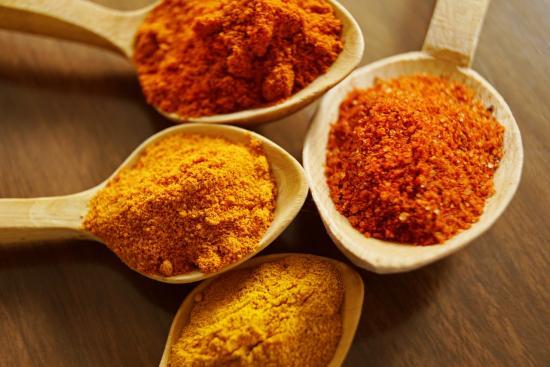Natural Pain Relief: 9 Alternatives to Ibuprofen, Acetaminophen or Aspirin
When people experience a minor headache, muscle tension or other pain, they readily reach for over-the-counter drugs like ibuprofen and acetaminophen—the most commonly used drugs in the U.S. But regular use of these drugs can lead to long-term side effects like intestinal damage, liver failure and more, recent research reveals. Before popping the pills, consider these alternative remedies for natural pain relief.
1. Ginger
The powerful anti-inflammatory ginger is more effective than drugs like ibuprofen for pain relief, according to a 2013 study published in the journal Arthritis. The study revealed that drugs like Tylenol or Advil do block the formation of inflammatory compounds. Ginger, however, "blocks the formation of the inflammatory compounds–prostaglandins and leukotrienes–and also has antioxidant effects that break down existing inflammation and acidity in the fluid within the joints," reported care2.com.
2. Turmeric
This distinctive, curry spice possesses anti-inflammatory and anti-cancer properties, according to Doctor Oz. It also improves circulation and prevents blood clotting. Turmeric's active ingredient curcumin is responsible for lowering the levels of two enzymes in the body that cause inflammation.
3. Capsaicin
Derived from chili peppers, this topical remedy reduces nerve, muscle and joint pain by stopping the chemical known as substance P from transmitting pain signals to the brain. Available in gel or cream form, it can be applied three to four times daily.
4. Valerian Root
"Nature's tranquilizer," valerian root helps relieve insomnia, tension, irritability, stress, and anxiety, Doctor Oz says. Through reducing nerve sensitivity, it alleviates feelings of pain. Drink a cup of valerian tea for a natural pain relief and body aches.
5. Magnesium
Magnesium supplements can help curb the pain of migraines, muscle spasms and fibromyalgia. "It's really easy to be magnesium deficient," Tanya Edwards, MD, medical director of the Center for Integrative Medicine at the Cleveland Clinic, told WebMD. Heavy consumption of alcohol lowers magnesium levels. "The foods that are highest in magnesium are things like sunflower seeds and pumpkin seeds. Most of us just don't eat those very often."





















